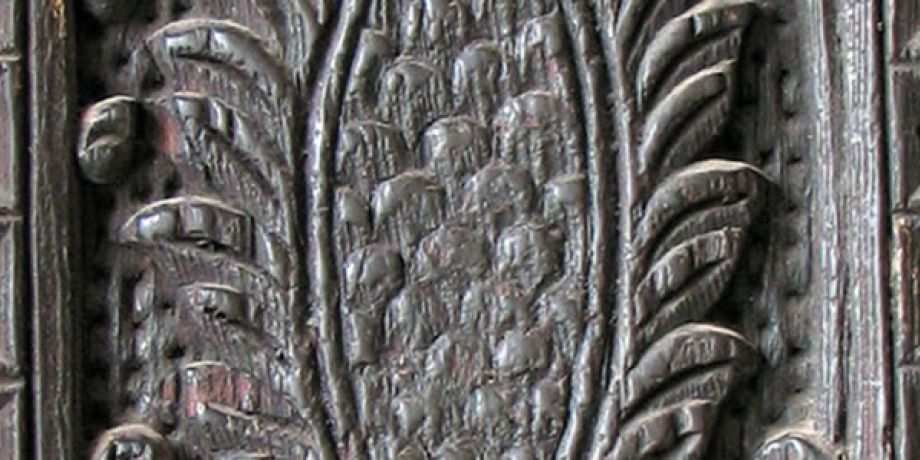
Whitnessing in Islamic Society
I arrived in Pakistan in 1994 after joining the Columban lay missionary orientation program which included a focused study on Islam and the Pakistani culture. After four months of language study and immersion into the culture, I was excited to enter more deeply into my new world. Once, I took a bus and in the pushing and shoving, I found myself in the front seat beside a young pregnant woman seated beside the driver. In Pakistan, front seats are one of the few designated areas for women. After traveling about two kilometers, the bus was stopped by three men who ordered the front seat passengers to get off for they wanted our seats.
After a very brief discussion, the husband of the woman beside me got off and signaled to his wife to also get off. I stopped her, insisting they can’t just do that to us. We were there fi rst, and seated, and she was pregnant. We all knew it would be hours before we got another bus. Staring at me, she said was “I’m a Muslim, he is my husband.”
I insisted on keeping my seat which caused an uproar among the passengers. The men insisted on getting on the bus. The driver was very sympathetic to me but seemed unable to stop them. I then opted to pretend not to understand the language. A very decent-looking woman behind me asked me if I was a foreigner and if I understood what I was doing, primarily that I should know my place in an Islamic society. Some passengers even called me faqir, meaning “immoral.” I asked the lady to tell the people that I had the right to keep my seat and that I was not getting off the bus. This caused further uproar as the bus took off again.
Initially, I felt very confused because this had never been my experience and understanding about Muslim women in the Philippines. In a short span of time my confusion turned to anger and also fear, not knowing what the three men who insisted on sitting in the front with me might be capable of doing. I was pretty sure that if those men harassed me later, the other passengers would say “good for them – you don’t know your place as a woman; you got what you asked for!”
I grew up in an environment where Muslims and Christians lived in constant interaction with each other. My parents used to be teachers in a school that many Muslim children attended. At the same time my father was editor of a local newspaper owned and published by a family who were very close to Muslims. In social or family functions I used to tag along with my parents and saw Muslim women who were confident and openly socializing.
I attended a university which encouraged dialogue between Muslims and Christians. At one stage, I had a Muslim girl as my roommate who became a close friend. Christian students of the university learned about Muslim respect for women. Female Muslim students moved around freely in the university, and men were not allowed to stare at them or speak to them unless permitted. Any man who violated that rule would be punished. All students were required to take a course on “Muslims in the Philippines” whose aim was to prepare the ground for a deeper dialogue between Muslims and Christians.
Back to that day on the Pakistani bus, I was happy to have caused a discussion, especially among the female passengers, about the treatment of women in Islam. However, my greatest joy was that after I shared my experience with the other Columban lay missionaries and priests, we began a more urgent reflection among the four, single Filipinas lay missionaries and about our lifestyle and form of witnessing a in an Islamic society. I found growing within me an enthusiasm to learn more about Islam (and Christianity) in the Pakistani context, as well as the socio-economic, cultural and political reality of Pakistan. Eventually, I decided to leave the Columban Lay Mission House and rented a room in a community where I was able to live and journey closely with Christian and Muslim families.
The truth is that, even though the Columban lay missionary program prepared me to live in a new culture and political environment, nothing can fully prepare us to plunge into a new reality. One actually has to experience it to be able to understand it. I realized I had to go through the painful task of re-assessing and reevaluating my own beliefs and values about the treatment of women in Islam and the great influence between culture and religion. It was a slow and painful process, but for all that, it has been very life-giving.
Columban Lay Missionary Aurora C. Luceno lives and works in Pakistan.